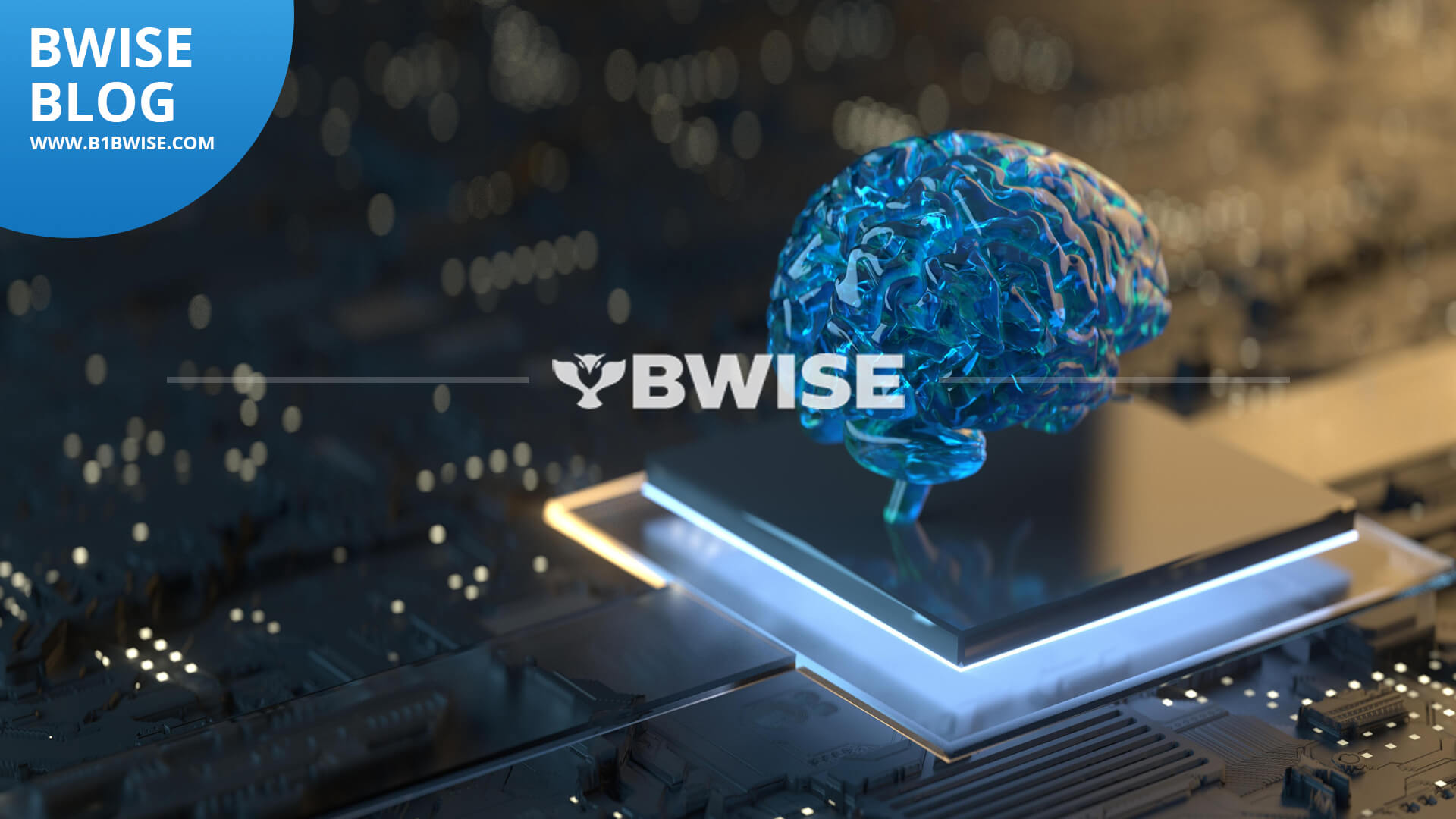
In recent years, Artificial Intelligence (AI) has emerged as a transformative force in the world of finance, reshaping how financial institutions operate, manage risks, and serve customers. AI’s ability to analyze vast amounts of data, recognize patterns, and make predictions has revolutionized various aspects of the financial sector, leading to increased efficiency, improved decision-making, and enhanced customer experiences. Specifically, the integration of Artificial Intelligence (AI) and Machine Learning (ML) in Enterprise Resource Planning (ERP) systems has been a significant trend in recent years.
This integration brings several benefits to businesses, enhancing their ability to automate processes, gain insights, and make data-driven decisions. Here’s how AI and ML are being integrated into ERP systems:
Predictive Analytics:
AI and ML algorithms analyze historical data within ERP systems to make predictions about future trends, such as demand forecasting, inventory optimization, and sales predictions. This helps businesses optimize inventory levels, reduce costs, and improve customer service.
Intelligent Automation:
AI-driven automation within ERP systems automates routine tasks and processes. For example, AI can automate data entry, invoice processing, and order routing, freeing up employees for more strategic and value-added tasks.
Chatbots and Virtual Assistants:
ERP systems can include chatbots and virtual assistants powered by AI. These bots can answer employee and customer queries, provide real-time data, and assist with routine tasks like generating reports or processing requests.
Anomaly Detection:
AI and ML can detect anomalies and irregularities in financial data, supply chain operations, and other critical areas. This helps identify fraud, errors, and potential issues before they become significant problems.
Personalized Insights:
AI-driven analytics in ERP systems can provide personalized insights to users. For example, a sales manager may receive tailored recommendations for pricing strategies or upselling opportunities based on historical data and customer behavior.
Natural Language Processing (NLP):
NLP technology allows ERP systems to understand and process natural language input. This enables users to interact with the system using voice commands or written text, making ERP systems more user-friendly.
Quality Control:
In manufacturing and production environments, AI and ML can be used to monitor the quality of products in real time. Sensors and cameras collect data, and AI algorithms analyze it to identify defects and trigger quality control actions.
Supplier and Vendor Management:
AI can assist in evaluating and managing suppliers and vendors by analyzing performance data and helping businesses make informed decisions about supplier relationships.
Inventory Optimization:
ML algorithms analyze historical inventory data to optimize stock levels, reduce carrying costs, and prevent overstocking or stockouts.
Workforce Management:
AI can assist in workforce planning, helping businesses optimize staffing levels based on demand forecasts, employee performance, and other factors.
Maintenance and Repairs:
Predictive maintenance powered by AI and IoT sensors can help businesses identify when equipment or machinery requires maintenance, reducing downtime and improving operational efficiency.
Energy Efficiency:
AI-driven algorithms can optimize energy usage in manufacturing and facilities management, reducing energy costs and environmental impact.
AI’s impact on the financial industry and for that matter ERP is profound. It’s revolutionizing traditional processes, optimizing decision-making, and providing more accessible and personalized financial services. However, it’s crucial to balance the advantages of AI with ethical considerations, data privacy, and the potential risks associated with overreliance on automation. As AI continues to evolve, its role in finance is expected to grow, further reshaping the industry and opening up new possibilities for innovation and efficiency. Integrating AI and ML into ERP systems requires careful planning, data preparation, and selecting the right algorithms and models. It’s essential to work with ERP vendors or AI specialists who have expertise in these areas to ensure successful integration and to reap the full benefits of these technologies in your ERP environment. If you are interested in learning more about A.I. and machine learning in ERP Systems, we offer a free demo Remember B1 – BWISE!!

